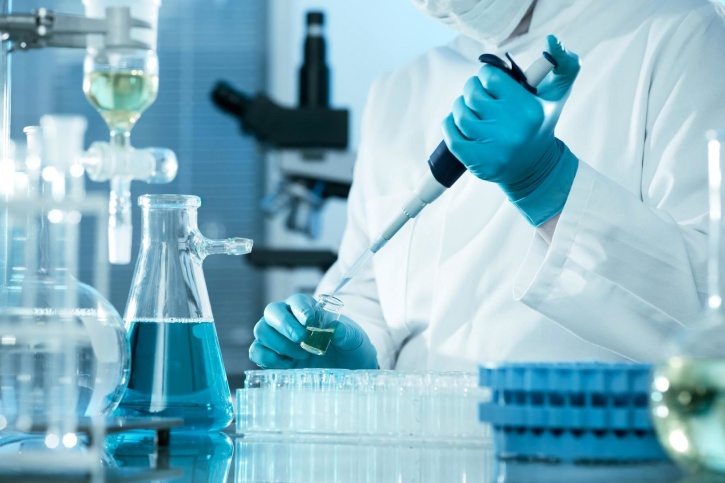We Need to be Ready for Biotech’s ChatGPT Moment
By Eric Schmidt,
TIME
| 04. 16. 2024
Imagine a world where everything from plastics to concrete is produced from biomass. Personalized cell and gene therapies prevent pandemics and treat previously incurable genetic diseases. Meat is lab-grown; enhanced nutrient grains are climate-resistant. This is what the future could look like in the years ahead.
The next big game-changing revolution is in biology. It will allow us to more effectively fight disease, feed the planet, generate energy, and capture carbon. Already we’re on the cusp of these opportunities. Last year saw some important milestones: the U.S. approved the production and sale of lab-grown meat for the first time; Google DeepMind’s AI predicted structures of over 2 million new materials, which can potentially be used for chips and batteries; Casgevy became the first approved commercial gene-editing treatment using CRISPR. If I were a young person today, biology would truly be one of the most fascinating things to study.
Like the digital revolution, the biotech revolution stands to transform America’s economy as we know it—and it’s coming faster than we expect, turbocharged by AI. Recent advances in biotech are unlocking our...
Related Articles
By Roni Caryn Rabin, The New York Times | 01.22.2026
The National Institutes of Health said on Thursday it is ending support for all research that makes use of human fetal tissue, eliminating funding for projects both within and outside of the agency.
A ban instituted in June 2019 by...
By Mike McIntire, The New York Times | 01.24.2026
Genetic researchers were seeking children for an ambitious, federally funded project to track brain development — a study that they told families could yield invaluable discoveries about DNA’s impact on behavior and disease.
They also promised that the children’s sensitive...
By Phil Galewitz, NPR | 01.20.2026
Serenity Cole enjoyed Christmas last month relaxing with her family near her St. Louis home, making crafts and visiting friends.
It was a contrast to how Cole, 18, spent part of the 2024 holiday season. She was in the hospital...
By Dan Barry and Sonia A. Rao, The New York Times | 01.26.2026
Photo by Gage Skidmore from Peoria, AZ, United States
of America, CC BY-SA 2.0, via Wikimedia Commons
Late last month, a woman posted a photograph on social media of a purple hat she had knitted, while a black-and-white dog...




